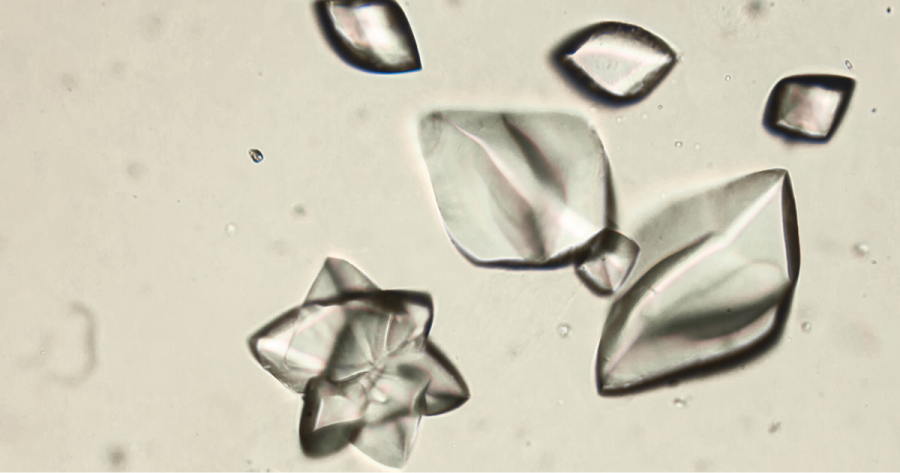Is High Uric Acid Silently Damaging Your Kidneys?

We often hear about middle-aged and elderly individuals struggling with the excruciating joint pain caused by gout. Not only does it limit daily activities, but it also forces patients to carefully monitor their diet to avoid triggering flare-ups. However, what many don’t realise is that gout may be hiding a more significant health issue. Elevated uric acid levels not only harm the joints but can also severely damage the kidneys, further straining the body.
What Is Uric Acid?
Uric acid is a byproduct of purine metabolism in the body. Purines are naturally found in many foods, such as seafood, organ meats, and red meat. When purines break down, they produce uric acid, which is normally filtered by the kidneys and excreted through urine.
However, when uric acid production is excessive, or the kidneys fail to eliminate it efficiently, uric acid builds up in the body, leading to a condition known as hyperuricemia. Over time, this can develop into gout, characterized by painful joint inflammation caused by uric acid crystal deposits.
How Does Uric Acid Impact Kidney Health?
Gout and kidney health are closely linked, forming a two-way relationship. When uric acid levels are too high, uric acid crystals can deposit in the kidney tubules or tissues, triggering inflammation or kidney stones. Over time, these deposits can impair the kidney’s filtration ability, leading to the accumulation of toxins in the body and, in severe cases, developing into a condition called "gouty nephropathy."
In addition, chronic hyperuricemia can worsen, eventually causing kidney failure and posing a serious threat to overall health.
Conversely, when kidney function declines, the body’s ability to excrete uric acid decreases. This leads to further elevation of uric acid levels, which places additional strain on the kidneys and creates a vicious cycle.
It’s no surprise that many gout patients also suffer from impaired kidney function. When the kidneys fail to metabolise uric acid effectively, gout flare-ups become more frequent, and the damage to the kidneys worsens over time.
Act Early to Prevent Progression
To protect your kidneys from the harmful effects of uric acid and manage gout symptoms effectively, it’s crucial to take early action:
- Healthy Diet: Limit the intake of foods high in purines, such as organ meats, seafood, and alcohol. Instead, focus on eating more vegetables, fruits, and whole grains.
- Stay Hydrated: Drink plenty of water to help flush uric acid out of the body and reduce the risk of uric acid crystal formation.
- Regular Exercise: Engage in moderate physical activity to control weight, lower uric acid levels, and reduce the strain on your kidneys.
- Follow Medical Advice: Schedule regular checkups to monitor uric acid and kidney function. If necessary, take prescribed medications to lower uric acid levels and prevent complications.
By intervening early and managing your condition properly, you can not only relieve gout symptoms but also protect your kidney health, reducing long-term risks and maintaining overall well-being.
- * All research and clinical data should be used as reference purposes only, results may vary.




